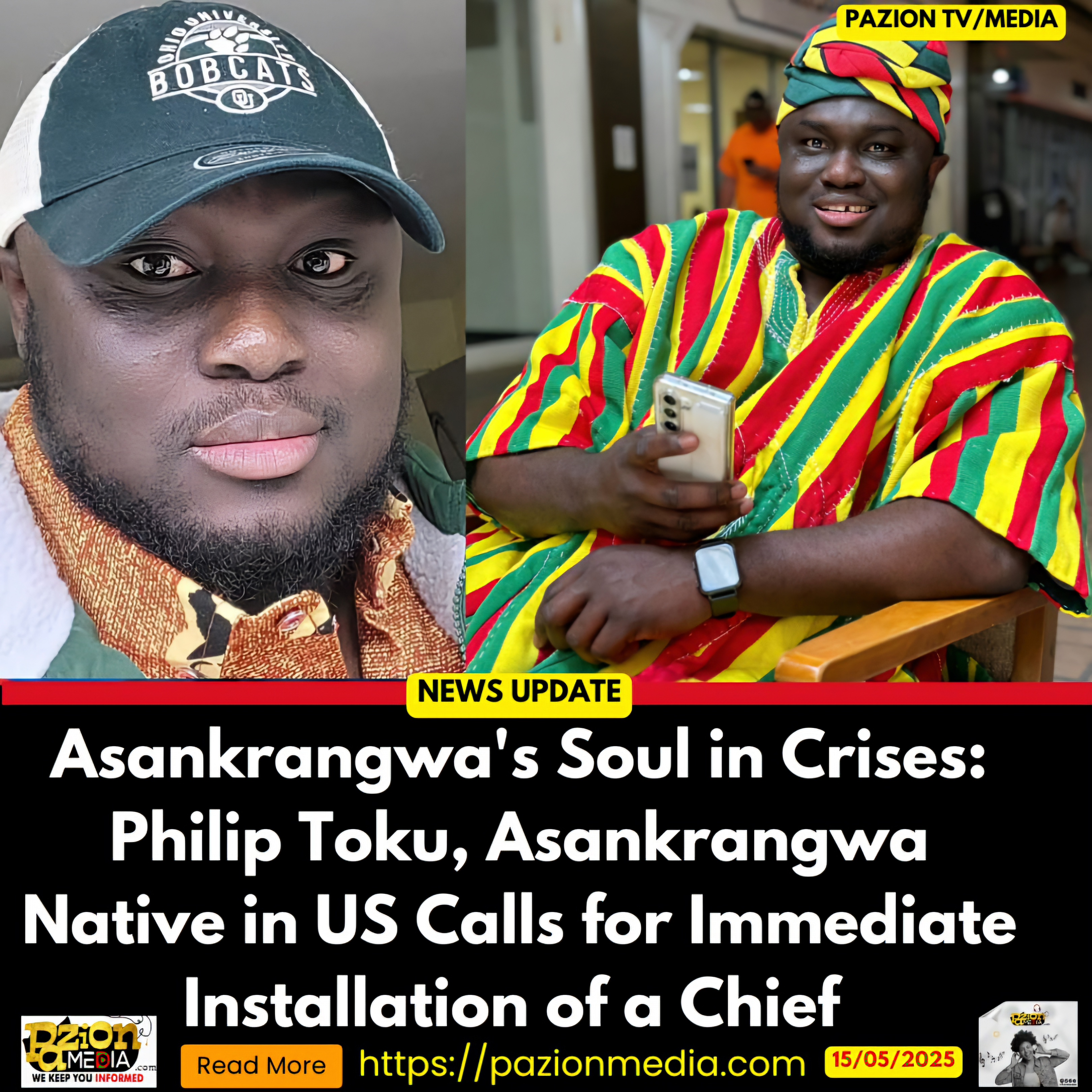In recent years, the Ghanaian social media landscape has been characterized by a worrying trend – the normalization of online “beefing.” This is where popular individuals engage in public spats with one another, often using derogatory language and insults. Unfortunately, this trend has become increasingly common and is now seen as a way to gain relevance and attention in the online space.
The problem with this trend is that it has several negative consequences. Firstly, it can lead to a toxic online environment, where individuals are afraid to express their opinions for fear of being attacked or insulted. This can stifle healthy and productive discussions and make social media a less enjoyable and inclusive space.
Secondly, it can have a damaging impact on the mental health and wellbeing of those involved. Being on the receiving end of insults and negativity can be extremely stressful and can cause anxiety, depression, and other mental health issues. It is essential to remember that social media can have real-world consequences, and online words can hurt just as much as physical ones.
Furthermore, this trend has also created a problematic culture of seeking attention at all costs, even if it means resorting to negative and harmful behavior. This culture has seeped into the younger generation, who are learning from the behavior of their online idols and mimicking it in their interactions. This can lead to an unhealthy and counterproductive cycle of negativity and harm.
It is crucial to address this issue and encourage responsible social media use. We must promote healthy and constructive conversations online and discourage toxic and negative behavior. This means that bloggers, influencers, and other public figures should be held accountable for their actions and should strive to use their platforms to promote positivity and inclusivity.
Businesses must also take responsibility and refrain from endorsing individuals who engage in online beefing. Instead, they should support individuals who use their platforms for good, and who promote a positive and healthy online environment.
Finally, individuals must take personal responsibility for their online behavior. We must all strive to use social media in a responsible and respectful way, promoting healthy and constructive conversations and avoiding the temptation to engage in negative behaviour for the sake of attention and relevance.
In conclusion, the normalization of online beefing is a worrying trend that has several negative consequences. We must all take responsibility for promoting healthy and responsible social media use and encouraging positive interactions online. By doing so, we can create a more inclusive and enjoyable online space, where everyone feels comfortable expressing themselves.
 Pazionmedia.com Pazion Media l Latest News l Politics l Sports l Entertainment
Pazionmedia.com Pazion Media l Latest News l Politics l Sports l Entertainment



